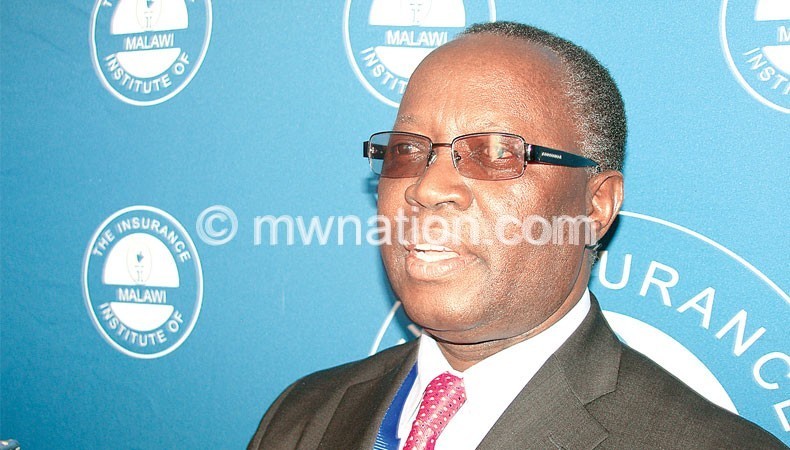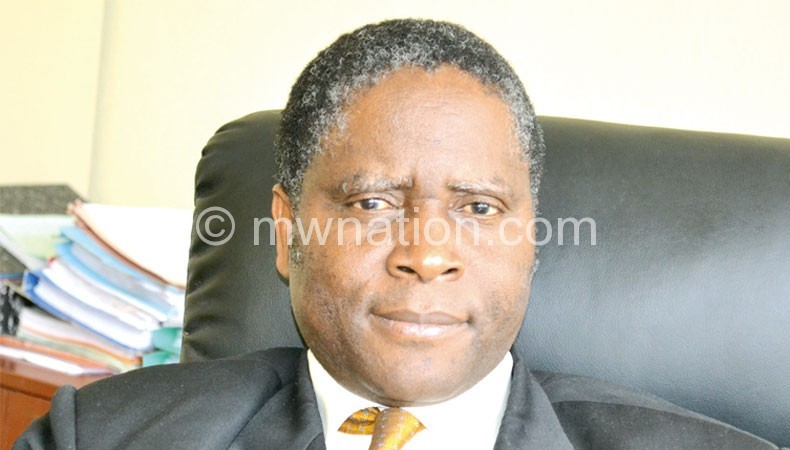Chuka, Kamphasa, Mkondiwa back on PAC wanted list
The Public Accounts Committee (PAC) of Parliament will again summon three of the major players in the Public Finance Management (PFM) system that the House body believes knew more about Cashgate than they let on.
The Nation

has learnt that PAC is not satisfied with the responses given by the Chief Secretary to the Government, Reserve Bank of Malawi (RBM) Governor and Accountant General in previous appearances to explain their laxity in allowing billions of public money to be stolen.
The dissatisfaction has prompted the parliamentary committee to call the trio for another round of questioning, according to a PAC report we have seen.
The forensic audit covering the period April to September 2013 has found that K20.3 billion was stolen under the watch of its custodians—Accountant General and RBM, which maintains 554 government accounts.
In its report on the review and analysis of the previous committee’s report that the House is only expected to debate at its next meeting in November, PAC states that it would summon the key stakeholders who appeared before this current and previous committees, especially the Accountant General and Chief Secretary, to present progress reports on what has happened since the revelations of the theft.

From the RBM Governor, the committee said it wanted to get explanations on why his officials were clearing cheques whose signatures were different from the specimen signatures at RBM “and to be informed on what the Governor had done with those negligent officers.”
During the previous interviews, RBM officials reported that when the signature specimen did not match, officials from Accountant General’s office just told them to pass the cheques because they were too tired or not in a good mood.
The committee also want to find out what measures the RBM had put in place to prevent a recurrence of the Cashgate.
When he appeared before the committee earlier this year, RBM Governor Charles Chuka told Parliament that banks were mandated to honour government cheques as per agreement between Treasury, RBM and the Accountant General.
It was only after Cashgate that a fresh memorandum of understanding (MoU) was signed between government and RBM removing such restrictions.
In an interview yesterday, RBM spokesperson Mbane Ngwira said the Governor would be ready to appear before the committee when summoned.
The RBM came under microscope when last October, The Nation investigations revealed new details showing that authorities instructed some commercial banks to honour all government cheques from any of their branches for any amount without any limit on behalf of the central bank.
This aspect of the Ifmis-induced Cashgate came as the nation grappled to understand how tens of billions of public funds could be cashed so easily and with such reckless abandon without RBM raising eyebrows during the transaction and as it was refunding overdrawn balances to commercial banks.

From the preliminary report of the Baker Tilly forensic audit, commercial banks were also found to be complicit in Cashgate and the committee plans to summon again the president of the Bankers Association of Malawi (BAM).
It was also the commercial banks that allegedly cleared questionable cheques with large sums of money without any restrictions.
The final Baker Tilly report has been submitted to Auditor General Stephenson Kamphasa who forwarded it to the Anti-Corruption Bureau (ACB), Director of Public Prosecutions (DPP) and Malawi Police Service (MPS) for action.
However, the report was not tabled before Parliament by Minister of Finance, Economic Planning and Development Goodall Gondwe during the just-ended meeting as earlier expected.
This means Malawians will have to wait a while longer to be appraised of the names of companies and individuals who siphoned billions of their taxes. The total loss now stands at K20 billion in a systematic plunder that involved public officers conniving with private sector firms and/or individuals.





